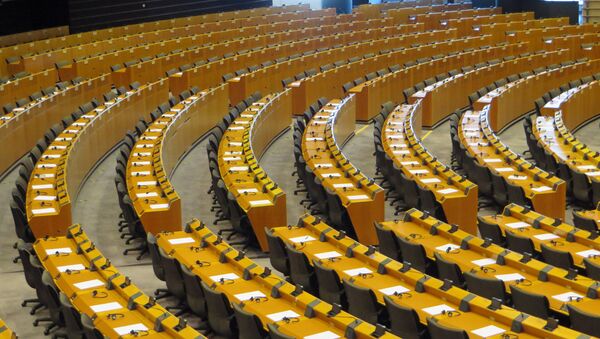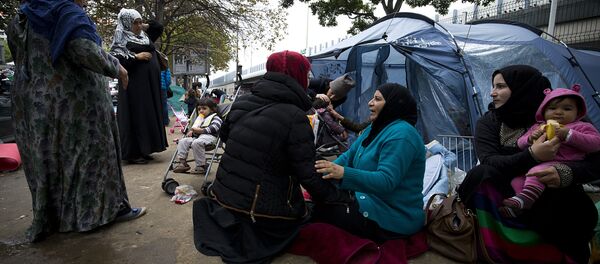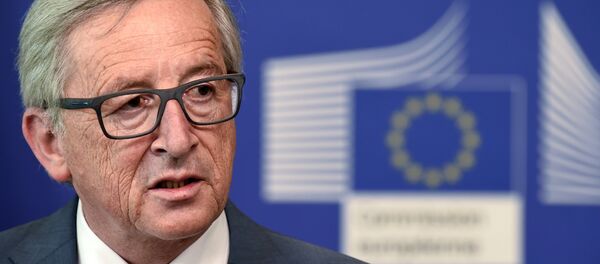According to the existing rules, a political party has a right to receive financial support from the European parliament's budget if it has a representation in seven national or regional parliaments of the EU member states or in the European parliament itself, or if the party has received not less than 3 percent of votes during the last election to the EU legislative assembly. Therefore, a pan-European party may have no seats in the European parliament, but continue to receive funding through its elected representatives in national and regional parliaments and assemblies.
"A handful of politicians only able to contribute to forming European political awareness and to expressing the political will of citizens of the Union on an extremely limited and not representative level hardly justifies financial support from the European Union budget. A strengthening of the minimum representation criteria could remedy this situation, at least for the allocation of funds," Welle said in a report seen by Politico.
The largest Eurosceptic blocs, namely Marine Le Pen’s Europe of Nations and Freedom, as well as Nigel Farage’s Europe of Freedom and Direct Democracy, are not expected to be affected by the rule change, however, while smaller parties would have more difficulties with getting financial support.
The secretary-general's proposals may be implemented in 2018 if the European parliament approves it, the media outlet reported.




